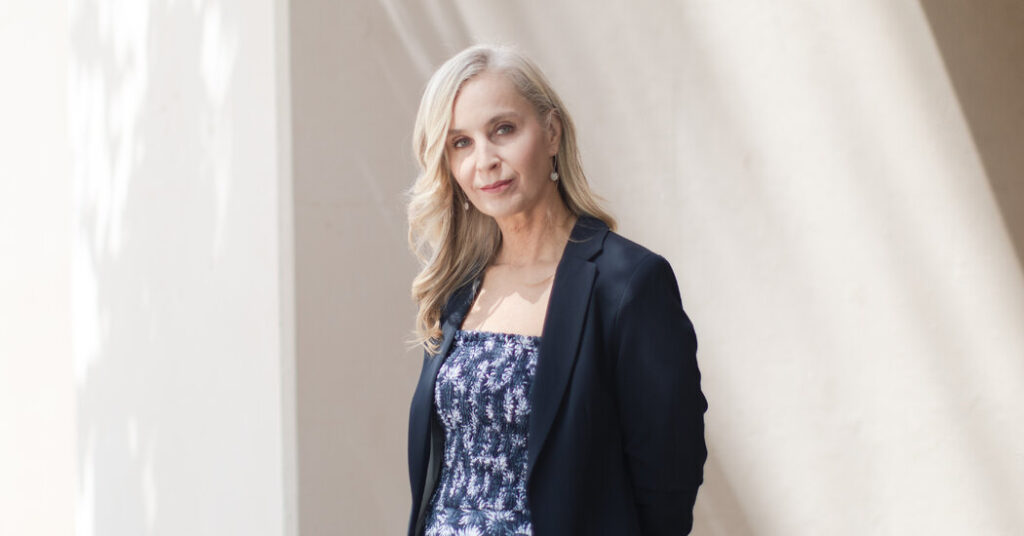Thirty-six hours after dropping his date off at her apartment, Bradley Goldman was on a video call with his dating coach, breaking down the events of the evening.
Listen to this article with reporter commentary
For one thing, he told the coach, he had chosen the wrong venue for someone on the autism spectrum — a bar of the Sunset Strip hipster variety, so loud and overstimulating that he could almost feel himself beginning to dissociate.
Mr. Goldman, a tall, rangy 42-year-old who works as an office manager, hadn’t decided in advance of the date whether to mention that he had been diagnosed with autism, or that he was working with a coach. So he deflected, and they found themselves, briefly, in a conversational blind alley.
“I struggle with how to disclose,” he said. “Do I say I am ‘neuro-spicy’? Or ‘neurodiverse’? Or do I disclose at all?”
His coach, Disa Jean-Pierre, was sympathetic. “You could just wait for it to come up naturally after a few dates,” she suggested.
